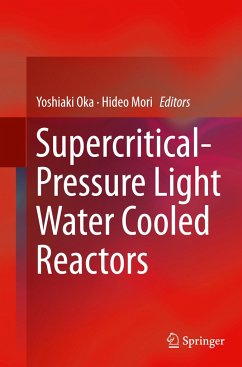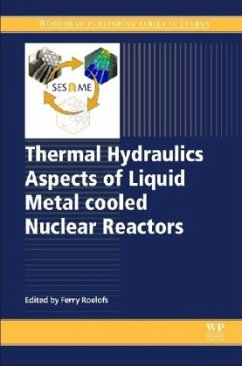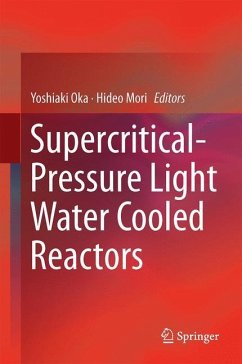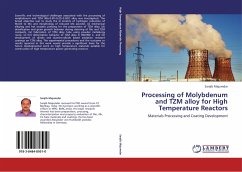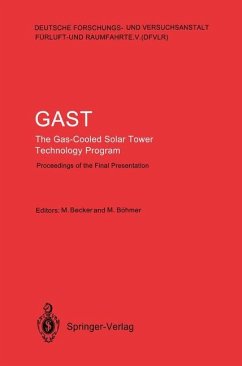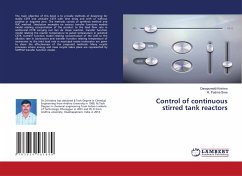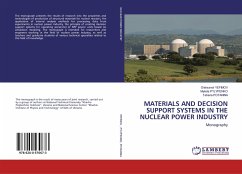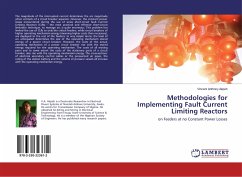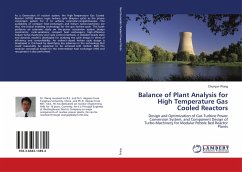
Balance of Plant Analysis for High Temperature Gas Cooled Reactors
Design and Optimization of Gas Turbine Power Conversion System, and Component Design of Turbo-Machinery for Modular Pebble Bed Reactor Plants
Versandkostenfrei!
Versandfertig in 6-10 Tagen
52,99 €
inkl. MwSt.

PAYBACK Punkte
26 °P sammeln!
As a Generation IV nuclear system, the High Temperature Gas Cooled Reactor (HTGR) desires a gas turbine cycle (Brayton cycle) as the power conversion system for it to achieve economic competitiveness. The availability of compact heat exchangers and helium turbo-machinery are thus the critical enabling technology for the gas turbine cycle. This book performs an extensive study on the power conversion system: design constraints, cycle variations, compact heat exchangers, high efficiency helium turbo-machinery and cycle control methods. A detailed steady state and dynamic model is developed for s...
As a Generation IV nuclear system, the High Temperature Gas Cooled Reactor (HTGR) desires a gas turbine cycle (Brayton cycle) as the power conversion system for it to achieve economic competitiveness. The availability of compact heat exchangers and helium turbo-machinery are thus the critical enabling technology for the gas turbine cycle. This book performs an extensive study on the power conversion system: design constraints, cycle variations, compact heat exchangers, high efficiency helium turbo-machinery and cycle control methods. A detailed steady state and dynamic model is developed for studying the cycle design in terms of efficiency and controllability. An indirect closed helium cycle design is developed in this book by identifying key advances in the technology that could reasonably be expected to be achieved with limited R&D. The modular conceptual design for the intermediate heat exchanger (IHX) and recuperator is also performed.



